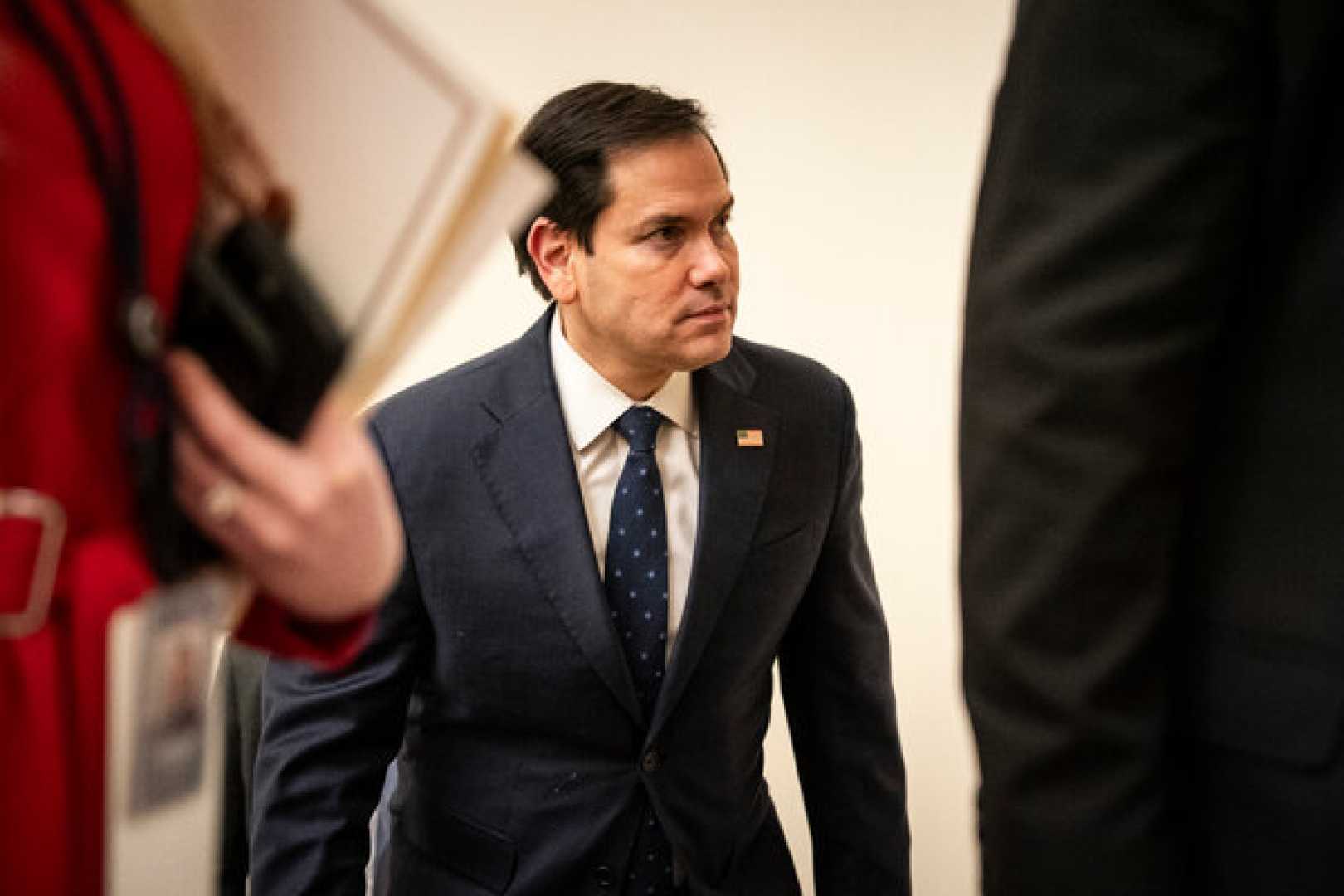News
Trump Administration Pauses New Student Visa Interviews Amid Social Media Vetting Plans

WASHINGTON, D.C. — The Trump administration has temporarily halted new student visa interviews worldwide, as it prepares to enforce stricter vetting of applicants’ social media profiles. Secretary of State Marco Rubio communicated this decision in a diplomatic cable to U.S. embassies on Tuesday.
In the cable, Rubio stated, “Effective immediately, in preparation for an expansion of required social media screening and vetting, consular sections should not add any additional student or exchange visitor (F, M, and J) visa appointment capacity until further guidance is issued.” Interviews already scheduled will proceed as planned, according to the directive.
This pause affects prospective international students, many of whom contribute significantly to the U.S. economy—nearly $44 billion annually, employing over 378,000 people in related jobs. The number of international students enrolled at U.S. institutions was over 1.1 million for the 2023-24 academic year.
Concerns have arisen over claims that foreign students have contributed to an environment fostering antisemitism on campuses. Last month, Rubio suggested a crackdown on students he alleged were using their visa status to engage in protests rather than study.
Rubio’s remarks followed the arrest of Tufts University doctoral student Rümeysa Öztürk, who was detained after writing an op-ed in support of Gaza claims. He asserted, “If you apply for a visa […] and you tell us that the reason you are coming to the United States is not just because you want to write op-eds, but because you want to participate in movements […] we’re not going to give you a visa.”
The latest visa interview suspension aligns with the administration’s other attempts to limit international student admissions. Recently, a federal judge blocked the Department of Homeland Security’s effort to bar Harvard University from accepting these students.
Additionally, the Trump administration is considering canceling about $100 million in federal contracts with Harvard, following the school’s controversy regarding international student admissions. Rubio’s stringent approach has sparked debate, with some academics calling for thorough vetting processes to ensure qualified international students can contribute positively to the U.S.
Kevin O’Leary, a Harvard Business School lecturer, advocated for a balanced approach, urging for an efficient vetting process that allows deserving students to stay and create jobs in the U.S.












